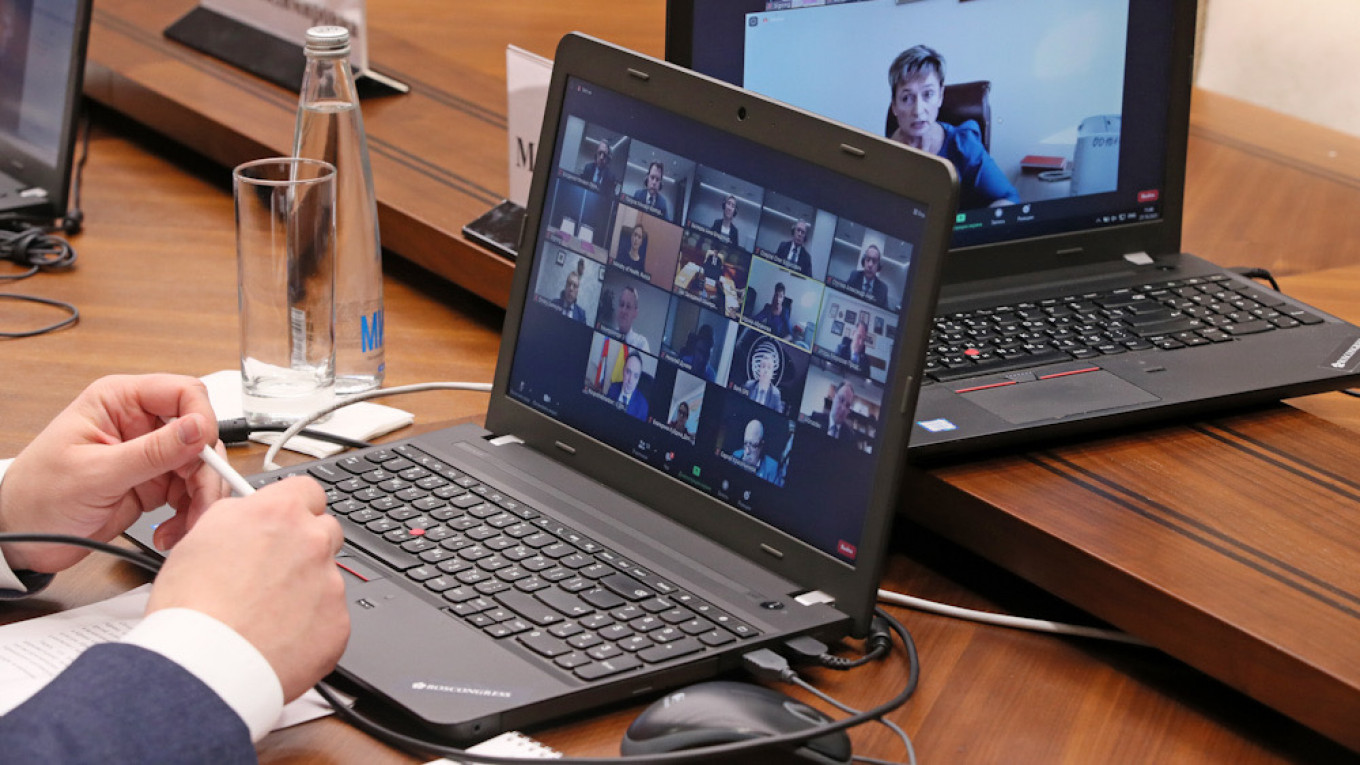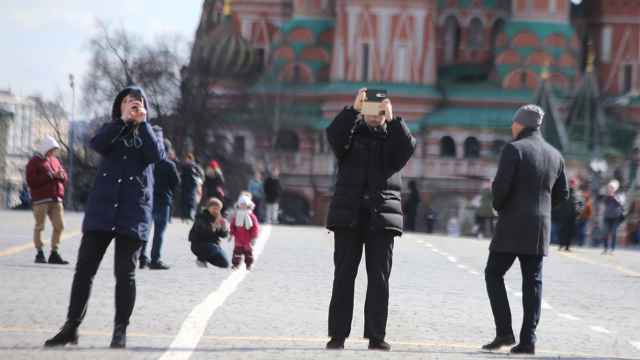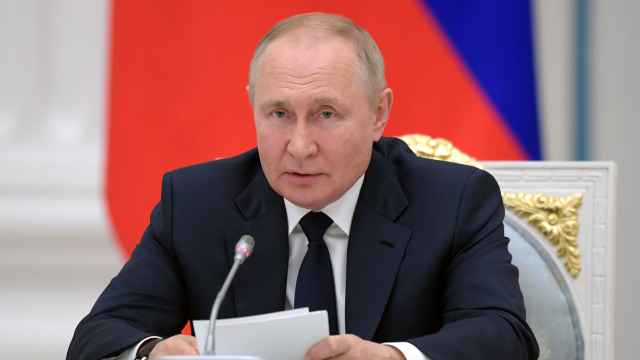Updated at 11:00 a.m. on April 8 to add Zoom statement.
Video conferencing platform Zoom has banned its distributors from selling services to government agencies and partly state-owned companies in Russia and neighboring countries, the Kommersant business daily reported Wednesday.
Zoom has emerged as a leading virtual meeting platform since millions were forced into self-isolation due to the coronavirus pandemic and authorities imposed remote work rules to stop the spread.
Zoom’s authorized partner in Russia, RightConf, informed its Russian and ex-Soviet partners that the company is withdrawing sales licenses for state agencies and organizations with state beneficiaries, according to Kommersant.
Experts interviewed by Kommersant linked the ban to risks of U.S. sanctions and difficulties complying with Russian legislation, which Moscow began enforcing in full in recent years.
Zoom denied that it had banned sales to public-sector entities in Russia and the CIS after the Kremlin urged Russian companies to develop alternatives to Zoom and a lawmaker warned it could be blocked in the country.
“Zoom continues to be committed to serving customers in the Russian market and the Commonwealth of Independent States (CIS). We are in the process of evolving our approach in the region, and in the meantime, new and existing customers in both the public and private sectors can seek to procure Zoom accounts directly through our website,” a Zoom spokesperson told The Moscow Times.
Zoom’s policy could affect the Russian education market, Kommersant reported, adding that the company took part in dozens of tenders announced by Russian colleges and universities in 2020.
Zoom Video Communications, which occupies a quarter of Russia’s video conference market but generates only 1% of its revenue from it, did not respond to Kommersant's inquiries.
Russia, which already requires tech companies to pre-install their devices with government-approved Russian software, has vowed to introduce its own Zoom replacement by 2022.
A Message from The Moscow Times:
Dear readers,
We are facing unprecedented challenges. Russia's Prosecutor General's Office has designated The Moscow Times as an "undesirable" organization, criminalizing our work and putting our staff at risk of prosecution. This follows our earlier unjust labeling as a "foreign agent."
These actions are direct attempts to silence independent journalism in Russia. The authorities claim our work "discredits the decisions of the Russian leadership." We see things differently: we strive to provide accurate, unbiased reporting on Russia.
We, the journalists of The Moscow Times, refuse to be silenced. But to continue our work, we need your help.
Your support, no matter how small, makes a world of difference. If you can, please support us monthly starting from just $2. It's quick to set up, and every contribution makes a significant impact.
By supporting The Moscow Times, you're defending open, independent journalism in the face of repression. Thank you for standing with us.
Remind me later.






